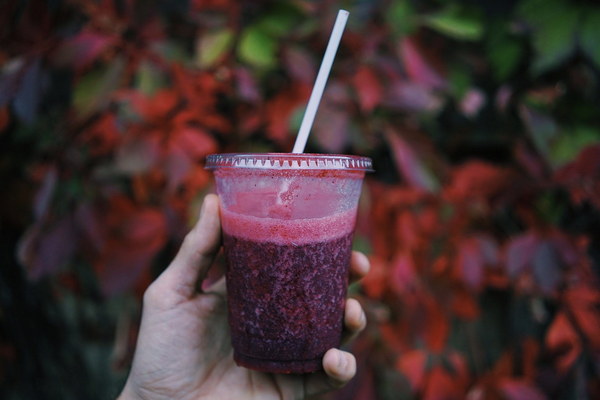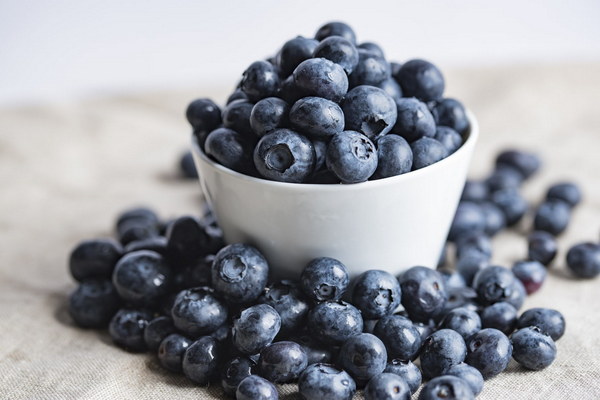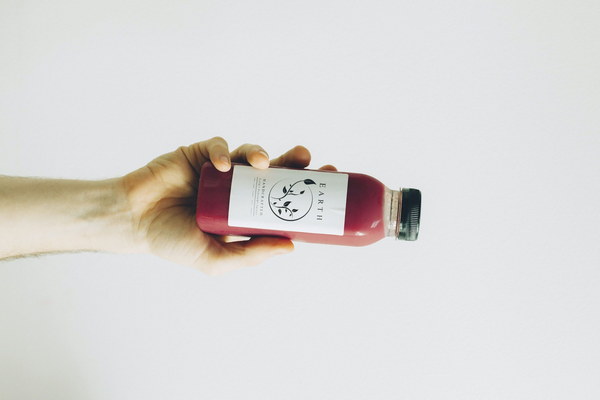Pyruvate The Anti-Aging Miracle - Unveiling the Power of Pyruvate in Slowing Down the Aging Process
Introduction:
The search for the fountain of youth has been a pursuit that has intrigued humanity for centuries. With the advancements in science and technology, researchers have discovered various compounds that claim to have anti-aging properties. One such compound that has recently gained attention is pyruvate. This article explores the potential of pyruvate as an anti-aging agent and delves into its mechanisms and benefits.
What is Pyruvate?
Pyruvate is a key intermediate in the metabolism of carbohydrates, fats, and proteins. It is produced during the process of glycolysis, which occurs in the mitochondria of cells. Pyruvate is also a precursor for the synthesis of acetyl-CoA, which is essential for the production of energy in the form of ATP.
The Anti-Aging Potential of Pyruvate:
1. Antioxidant Properties:
One of the primary reasons pyruvate is believed to have anti-aging properties is its antioxidant capabilities. Pyruvate helps neutralize harmful free radicals, which are unstable molecules that can damage cells and accelerate the aging process. By combating free radicals, pyruvate can help protect the body's tissues and organs from oxidative stress.
2. DNA Protection:
Pyruvate has been shown to have a protective effect on DNA. Free radicals can cause mutations in the DNA, leading to aging and various diseases. Studies have demonstrated that pyruvate can help repair DNA damage and prevent the accumulation of mutations over time.
3. Mitochondrial Function:
Mitochondria are often referred to as the powerhouses of the cell, as they produce energy in the form of ATP. As we age, mitochondrial function declines, leading to decreased energy levels and increased susceptibility to age-related diseases. Pyruvate has been found to improve mitochondrial function and energy production, potentially slowing down the aging process.
4. Inflammation Reduction:
Inflammation plays a significant role in the aging process. Chronic inflammation can damage tissues and accelerate aging. Pyruvate has been shown to have anti-inflammatory properties, which can help reduce inflammation and promote a healthier aging process.
5. Cellular Senescence:
Cellular senescence refers to the phenomenon where cells lose their ability to divide and function properly. This process is associated with aging and age-related diseases. Pyruvate has been found to have the potential to delay cellular senescence, thereby promoting healthier aging.
Clinical Studies and Benefits:
Numerous clinical studies have investigated the effects of pyruvate on aging and have yielded promising results. Some of the benefits observed in these studies include:
- Improved cognitive function
- Increased energy levels

- Enhanced overall well-being
- Reduced risk of chronic diseases, such as heart disease, diabetes, and cancer
- Slowed down the aging process
Conclusion:
Pyruvate emerges as a promising anti-aging agent due to its various beneficial properties. Its ability to neutralize free radicals, protect DNA, improve mitochondrial function, reduce inflammation, and delay cellular senescence makes it a valuable compound in the fight against aging. While more research is needed to fully understand the extent of pyruvate's anti-aging potential, the current evidence suggests that it may be a valuable addition to the arsenal of anti-aging strategies.









